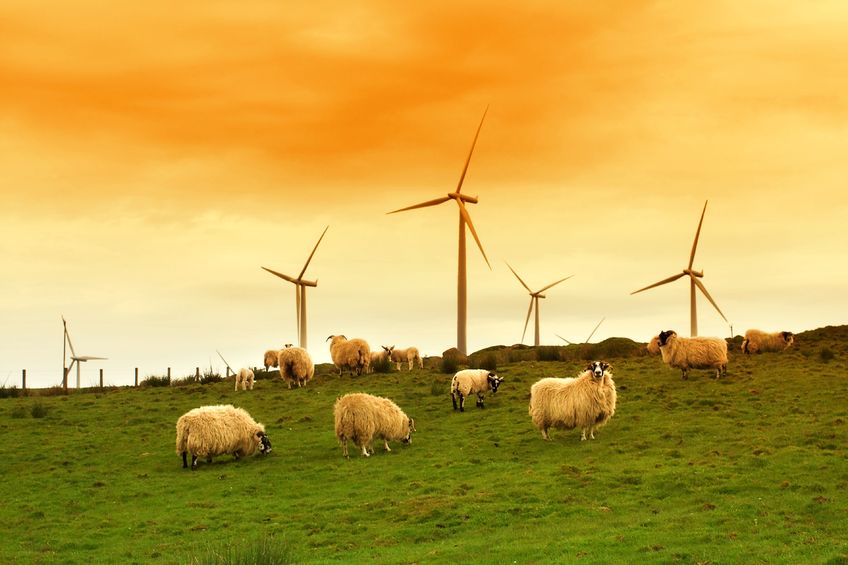
Landowners, farmers and other businesses from across rural Britain will play a vital role in meeting the UK's future energy needs, according to experts in the energy industry.
The sector gathered in Birmingham this week (6 September) to discuss what opportunities there are to invest in energy efficiency, generation and storage up to 2030 and beyond.
The CLA, which has 32,000 members, hosted an event seeking ideas that will unlock the potential future investment opportunities for renewable energies.
Smart Energy Opportunities in the Rural Economy saw delegates look ahead at the role rural businesses can play in delivering low carbon energy, investing in renewable projects and how the rural economy can contribute towards national energy objectives.
CLA Renewables Adviser Tom Beeley said the way the UK generates and use energy is changing.
"Technology to generate and store energy is becoming cheaper and more reliable," Mr Beeley said.
"Farmers and landowners have invested in energy generation, especially through renewable technologies like solar power, for more than 15 years.
"The subsidy framework that has shaped this industry in that time has changed dramatically and so the industry has to reorganise and refocus."
Battery storage and biomass
More than 8% of UK energy now comes from renewable sources but in 2015 the Government significantly cut funding streams which encouraged businesses to develop wind and solar power.
The CLA said the right investment must come forward if the Government’s target for 15% by 2020 is to be realised.
Mr Beeley said: "Innovations in technology such as batter storage and biomass heating systems make it possible for businesses, homes and even whole communities to become more self sufficient, reducing their reliance on the national grid for their energy needs.
"The challenge is to identify what businesses, government, local authorities and others can do to encourage more investment in this vital industry.
"The results of reducing our reliance on old infrastructure and outdated ways of generating power will benefit everyone."
